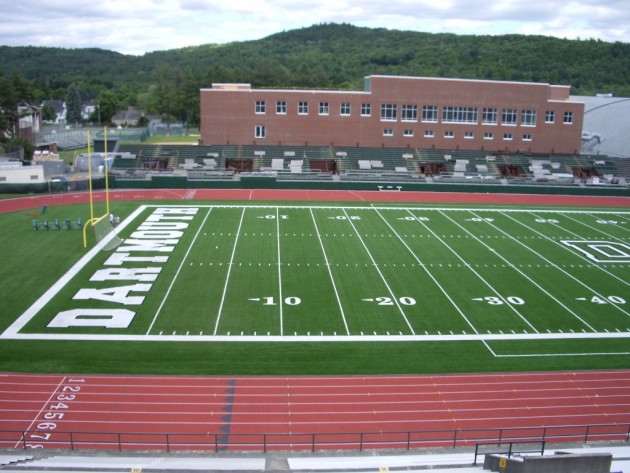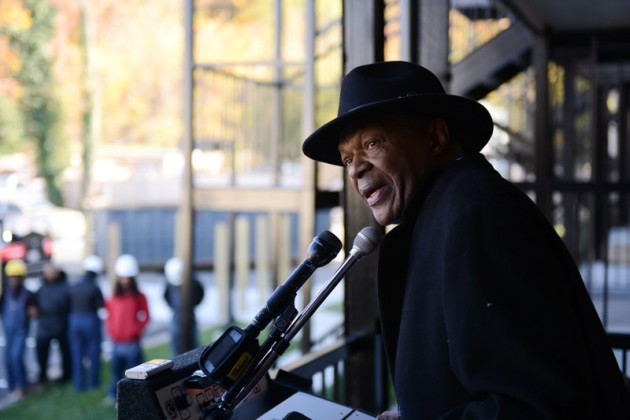Thousands Walk to Increase Awareness and Raise Money for Homeless
People of all ages, races, and creeds came out and walked to support the 21st Annual Fannie Mae Help the Homeless Walkathon, which began Saturday morning on the National Mall.
“Last year we had about 30,000 people here supporting us, and we’re really excited for another great year,” said Samira Andaleeb, who works at Fannie Mae and helped to register Walkathon participants.
“The homeless crisis in D.C. won’t be able to fix itself; we need all the help we can get,” added Andaleeb, estimating that nearly 12,000 people in Washington are homeless.
The purpose of Fannie Mae’s Help the Homeless Program is to educate people and raise awareness of the many issues surrounding homelessness. The program, which relies on volunteers, raises funds to help organizations end homelessness in the Washington area.
Jennee Simmons, sophomore insurance major, decided that she wanted to volunteer to help raise awareness about the homeless crisis in Washington. “The overall enjoyment of helping people was a good experience,” Simmons said. “Reaching out to shelters in the community and helping on an individual level makes a difference. When you make it personal, it encourages people to go out and walk or raise money.”
Walkers could be seen carrying and wearing the free Help the Homeless T-shirts when they registered for the event. People were bundled up from head to toe because of the cold, windy weather.
Keith Benn, 19, said it was really exciting to see so many of his friends participating in the walkathon. “This is the first year that I’m doing the walkathon, and I am glad that it has such a large turnout,” Benn said. “I think it’s especially important to help the homeless this year, especially because so many people are losing their jobs due to the economic crisis we’re facing.”
Data collected by the U.S. Department of Housing and Urban Development shows that 77 percent of all sheltered homeless people are in central cities while 23 percent are in suburban and rural areas. It also showed that 64 percent are minorities and that more than half are men between the ages of 31 and 50 years old.
For two decades, the Help the Homeless Program has raised more than $69.5 million for nonprofit organizations in the area. It has become the largest funded organization in the United States focused on homelessness.
The registration fees of $15 for youths and $30 for adults for the walkathon, along with additional donations, go toward one of the beneficiary organizations associated with the Help the Homeless program. These organizations provide transitional housing and permanent supportive housing services.
Possible solutions to prevent homelessness include increasing the supply of permanent affordable homes for people with low incomes and prevention services such as employment training, rehabilitation programs and mental health assistance.



